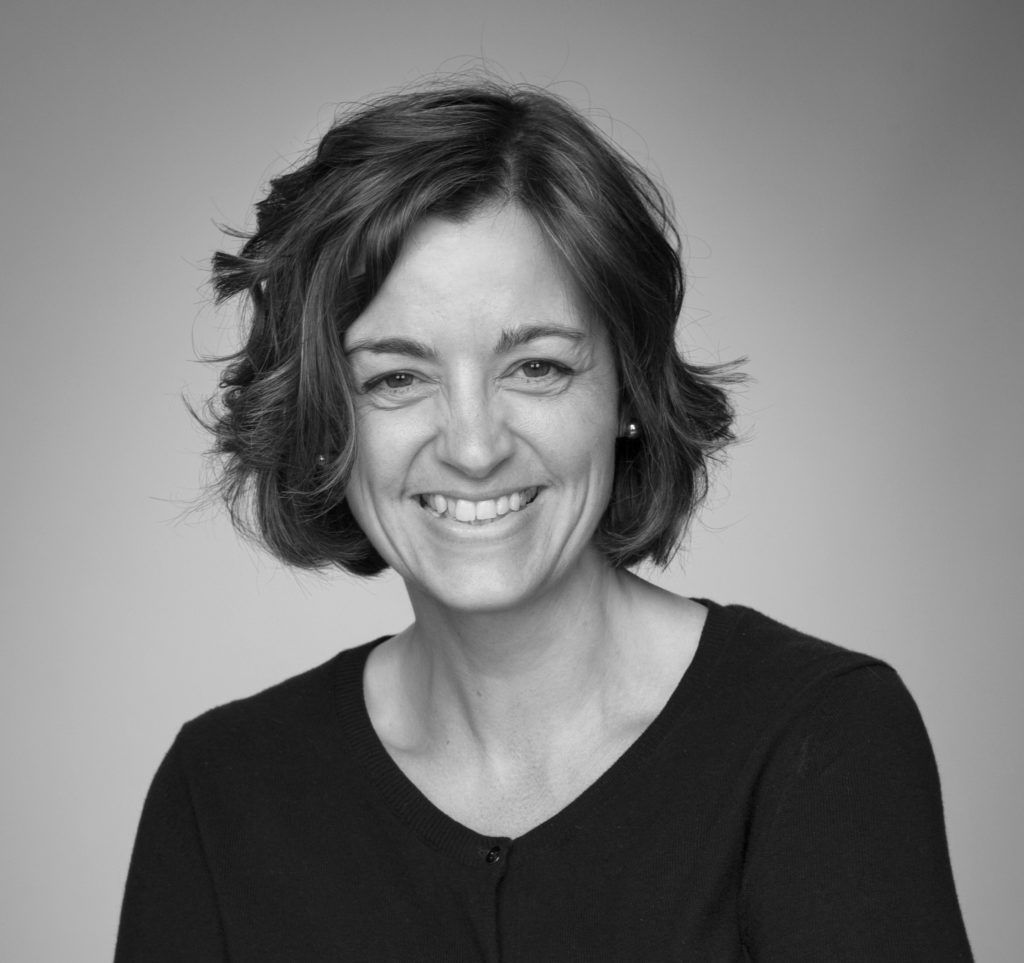 Generocity's Sabrina Vourvoulias caught up with Molly de Aguiar, the president of Independence Public Media, last week — after the foundation announced its first set of grants and a new partnership with Bread & Roses Community Fund.
Generocity's Sabrina Vourvoulias caught up with Molly de Aguiar, the president of Independence Public Media, last week — after the foundation announced its first set of grants and a new partnership with Bread & Roses Community Fund.
The foundation is allocating a total of $5.3 million to 11 organizations. The grantees are varied, as are the dollar amounts granted; several of the grants are intended to provide multi-year support, others are project-specific. (Read about each grant in detail here.) The grantees are:
- African American Museum of Philadelphia, $300,000
- Digital Literacy Alliance, $500,000
- Doc Society, Inc. (Good Pitch Local Philly), $307,500
- The Lenfest Institute for Journalism, $1,300,000
- PhillyCAM, $150,000
- Scribe Video Center, $1,110,000
- SEAMAAC (Southeast Asian Mutual Assistance Association Coalition), $250,000
- Taller Puertorriqueño, $100,000
- Temple University, Klein College of Media & Communication, $850,000
- The Village of Arts and Humanities, $200,000
- WHYY, $250,000
In addition, Bread & Roses will get $800,000 for the partnership with IPM to support grassroots media and media making across the region.
De Aguiar answered Generocity‘s questions, via email, about Independence Public Media, about its grantsmaking processes, and about what she believes philanthropy can do better.
Generocity: Independence Public Media is a fairly new foundation — tell us a little more about its genesis, its mission, and the need it answers. What is the trajectory you envision for it?
De Aguiar: Sure – I love the story behind this foundation. Independence Public Media was formerly a public broadcaster operating WYBE Channel 35. It was a small, alternative public television station with a real artistic sensibility to it, and it was known for programming and staff that reflected the diversity of communities across the Philadelphia region.
In 2017, IPM decided to relinquish its broadcast license altogether as part of the Federal Communications Commission’s Broadcast Incentive Auction. In return the organization received a one-time payment of $131.5 million. With the auction proceeds, IPM transformed itself from the television station into a private foundation dedicated to supporting media and media making across the region.
As someone who has supported traditional and nontraditional media organizations and initiatives for years, I can tell you that there are surprisingly few funders supporting media locally or nationally relative to other focus areas, like the arts, education, health, and the environment. And yet, intuitively we all know how powerfully (in positive and harmful ways) media shapes our understanding of the world.
So our foundation represents a fairly rare opportunity to creatively and thoughtfully support media in this region that supports social and economic progress for all. My hope is that over time other local funders will embrace the importance of funding media as well — we are eager to collaborate!
